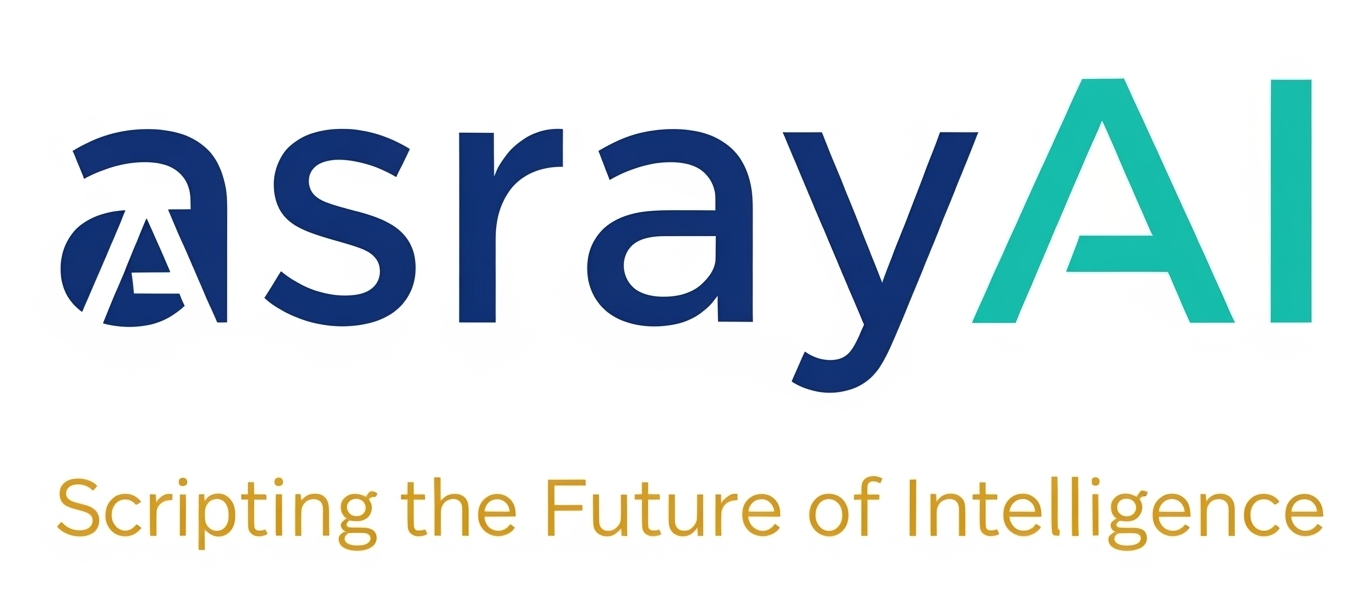For years, AI assistants have been like goldfish: capable of impressive feats in the moment but forgetting everything once the conversation ended. Memory changes that. With the rise of long-term context and persistent memory, AI agents can now build relationships, learn preferences, and evolve over time. In this post, we’ll explore why memory is a game-changer for AI agents and how it’s reshaping their role in our lives.
1. The Limitations of Memoryless Agents
Traditional AI assistants operated in a stateless mode.
- They could respond intelligently during a session.
- But once the conversation ended, all context was lost.
- This led to repetitive experiences: reintroducing yourself, restating needs, re-explaining tasks.
Without memory, agents remained transactional rather than relational.
2. Short-Term Memory: The First Step
Developers introduced short-term memory where agents could keep track of context within a single session.
- Example: Remembering a customer’s order details during a chat.
- Useful for coherent back-and-forth conversations.
- But still temporary — nothing carried into the future.
It made interactions smoother, but shallow.
3. Long-Term Memory and Personalization
The real breakthrough came with long-term memory systems:
- Agents now remember names, preferences, past decisions.
- They adapt over time, learning patterns like your favorite restaurants or writing style.
- Memory enables continuity — conversations feel like picking up with an old friend.
This transforms agents from “tools” into companions.
4. Technical Approaches
Several methods power long-term memory in AI:
- Vector databases (e.g., Pinecone, Weaviate) store embeddings of conversations for recall.
- Context windows are extended to hold more historical data.
- Hybrid architectures combine short-term session memory with structured long-term storage.
This combination makes memory robust and retrievable when needed.
5. Challenges and Risks
With memory come new challenges:
- Privacy: What data should an agent keep?
- Accuracy: Memories may degrade or recall irrelevant details.
- Ethics: Should users know exactly what’s remembered, and how it’s used?
Designing memory responsibly is as important as building it.
Conclusion
Memory changes everything. From forgetful assistants to evolving companions, agents are beginning to act less like static programs and more like adaptive partners. Done right, memory turns agents into collaborators that truly know us — creating experiences that are more personal, natural, and powerful.
